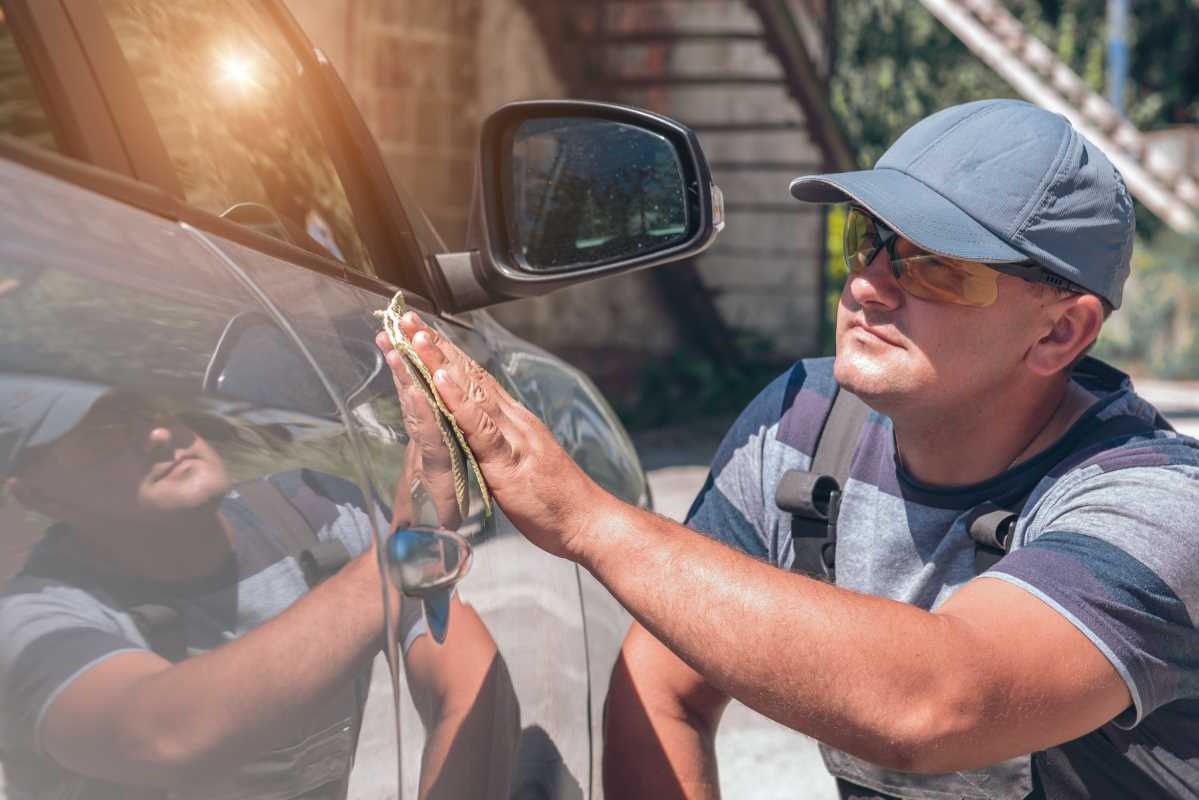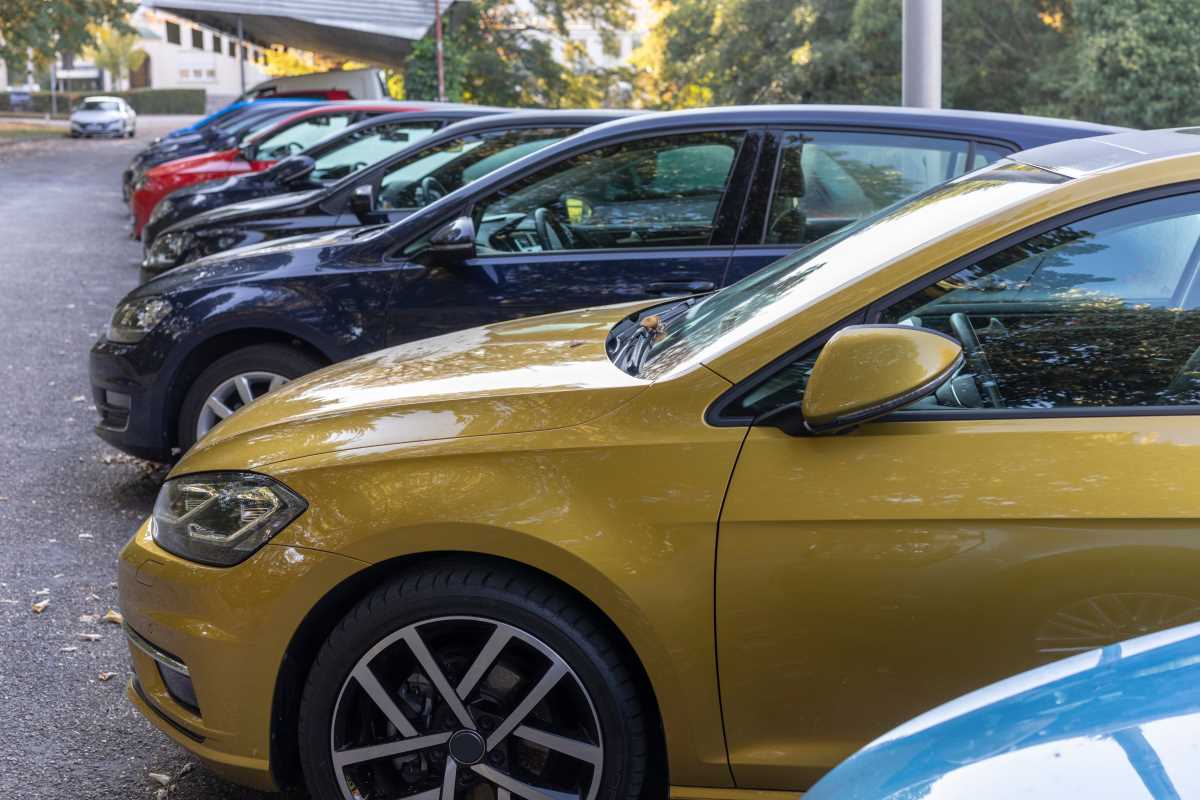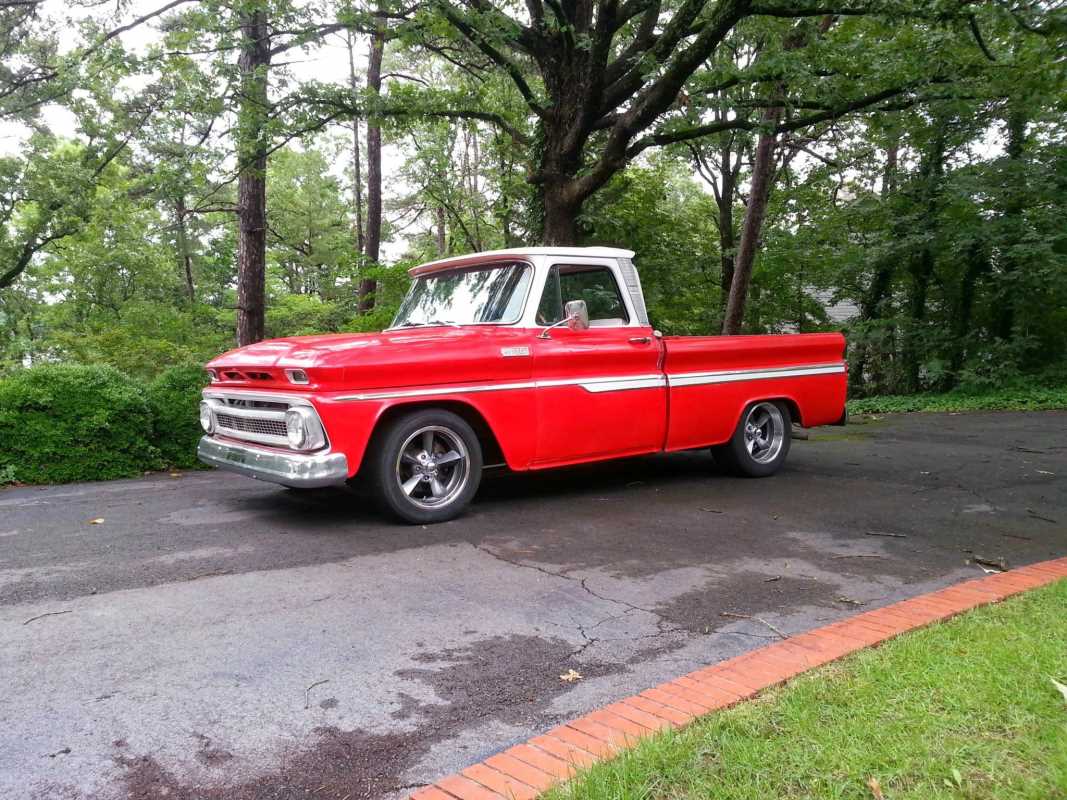When it comes to car insurance, understanding the different types of coverage can be overwhelming, but it's crucial for protecting yourself and your vehicle on the road. Let's break down the various types of auto insurance coverage to help you make an informed decision when shopping for a policy.
Liability Coverage is one of the most basic types of auto insurance and is required in most states. It covers the cost of damages to another person's property and medical expenses if you're at fault in an accident. This coverage does not protect your own vehicle but helps ensure you're not financially responsible for the other party's losses. Fun fact: Liability coverage is typically split into two parts - Bodily Injury Liability and Property Damage Liability.
Collision Coverage is another essential type of auto insurance that covers the cost of repairs to your vehicle if you're involved in an accident, regardless of fault. This coverage helps pay for damages caused by colliding with another vehicle or object, such as a tree or guardrail. Having collision coverage can provide peace of mind knowing that your car repairs are taken care of, minus your deductible. Fact: Collision coverage is particularly valuable for newer or more expensive vehicles.
Comprehensive Coverage is often paired with collision coverage and helps protect your vehicle from non-collision-related incidents such as theft, vandalism, fire, or natural disasters. This type of insurance coverage can also cover damages caused by hitting an animal or a falling object. Comprehensive coverage is ideal for those looking for complete protection for their vehicle beyond accidents. Keep in mind that comprehensive coverage usually has a deductible. Interesting fact: Comprehensive coverage is sometimes referred to as "Other Than Collision" coverage in insurance policies.
Personal Injury Protection (PIP) Coverage is a type of auto insurance that covers medical expenses for you and your passengers after an accident, regardless of fault. PIP can also cover lost wages, rehabilitation, and funeral expenses. This coverage is particularly beneficial for covering medical costs not covered by your health insurance. Fact: PIP is required in some states but optional in others, so check your state's requirements before selecting this coverage.
Uninsured/Underinsured Motorist Coverage is designed to protect you in case you're involved in an accident with a driver who does not have insurance or has insufficient coverage. This type of coverage can help pay for medical expenses, lost wages, and property damage when the at-fault party is unable to cover the costs. Uninsured/underinsured motorist coverage is crucial for ensuring you're not left with hefty bills in such situations. Fun fact: Approximately 1 in 8 drivers in the US are uninsured, making this coverage essential for protecting yourself on the road.
Having a good understanding of the different types of auto insurance coverage is key to selecting the right policy for your needs. Whether you're looking for basic liability coverage or comprehensive protection for your vehicle, each type of coverage plays a vital role in keeping you safe on the road. Before making a decision, consider your budget, driving habits, and the value of your vehicle to ensure you have adequate coverage in case of an accident. By being informed and proactive, you can drive with confidence knowing you're protected in various scenarios.







